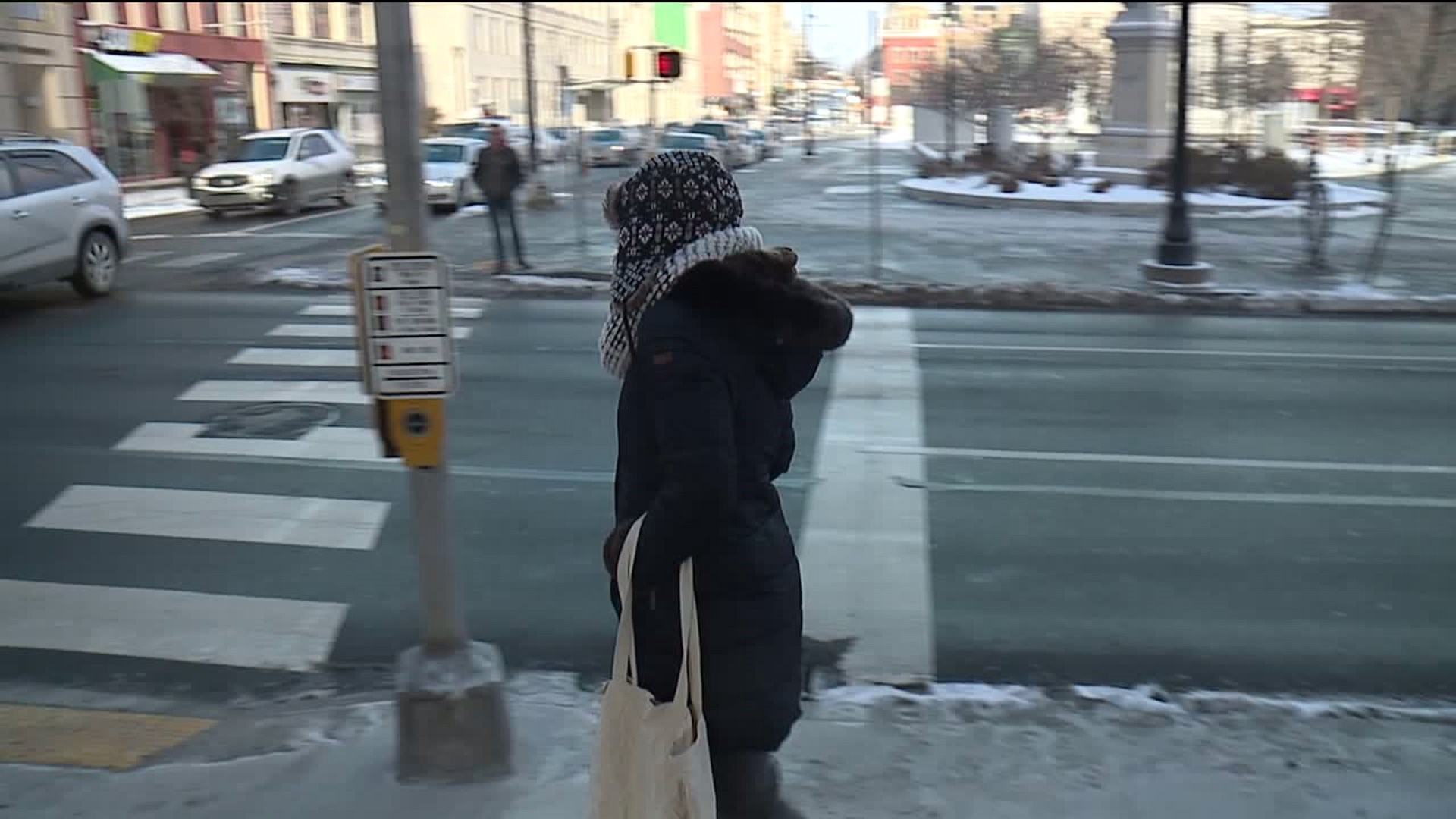GEISINGER MEDICAL CENTER -- This is the time of year when the winter blues can set in: it's cold, it's dark, and suddenly many of us don't want to leave our houses.
But Seasonal Affective Disorder is a real thing, and one expert talked with us about how it can be treated.
It's true that plenty of people like the cold weather, but for many others, winter in northeastern and central Pennsylvania can feel like it lasts forever.
The days are short. The temperatures are low, and sometimes the winter blues can set in. But sometimes, it's more than that, according to Dr. Robert Gerstman.
"I see it as early as October, as soon as people notice that the days are getting shorter and the sun is setting earlier," Dr. Gerstman said.
Dr. Gerstman calls Seasonal Affective Disorder, or SAD, common around here. According to him, it's a variant of major depression. Not just a down day or two; he's talking about two weeks or more of being sad, having low energy, losing interest in activities you enjoy, or changes in sleeping or eating patterns.
The first course of action is to talk to somebody about it. It can be a friend or colleague. If it's starting to interfere with work and relationships, you may want to see a therapist.
In some cases of Seasonal Affective Disorder, tweaks to diet, exercise and/or sleeping routines will help. For other people, medication will be a benefit. Still others may find relief by making a point to get more sunlight, either real or from a light therapy lamp.
Dr. Gerstman recommends you look for a lamp that emits 10,000 lux of light.
"One of the difficulties of treating depression is that there is no one answer, no one remedy. There are multiple causes of depression, multiple sources from which depression can come," said Dr. Gerstman.
The important thing is to treat it as early as you can to prevent it from worsening.
Dr. Gerstman says if it's Seasonal Affective Disorder, it will often go away naturally come spring.

